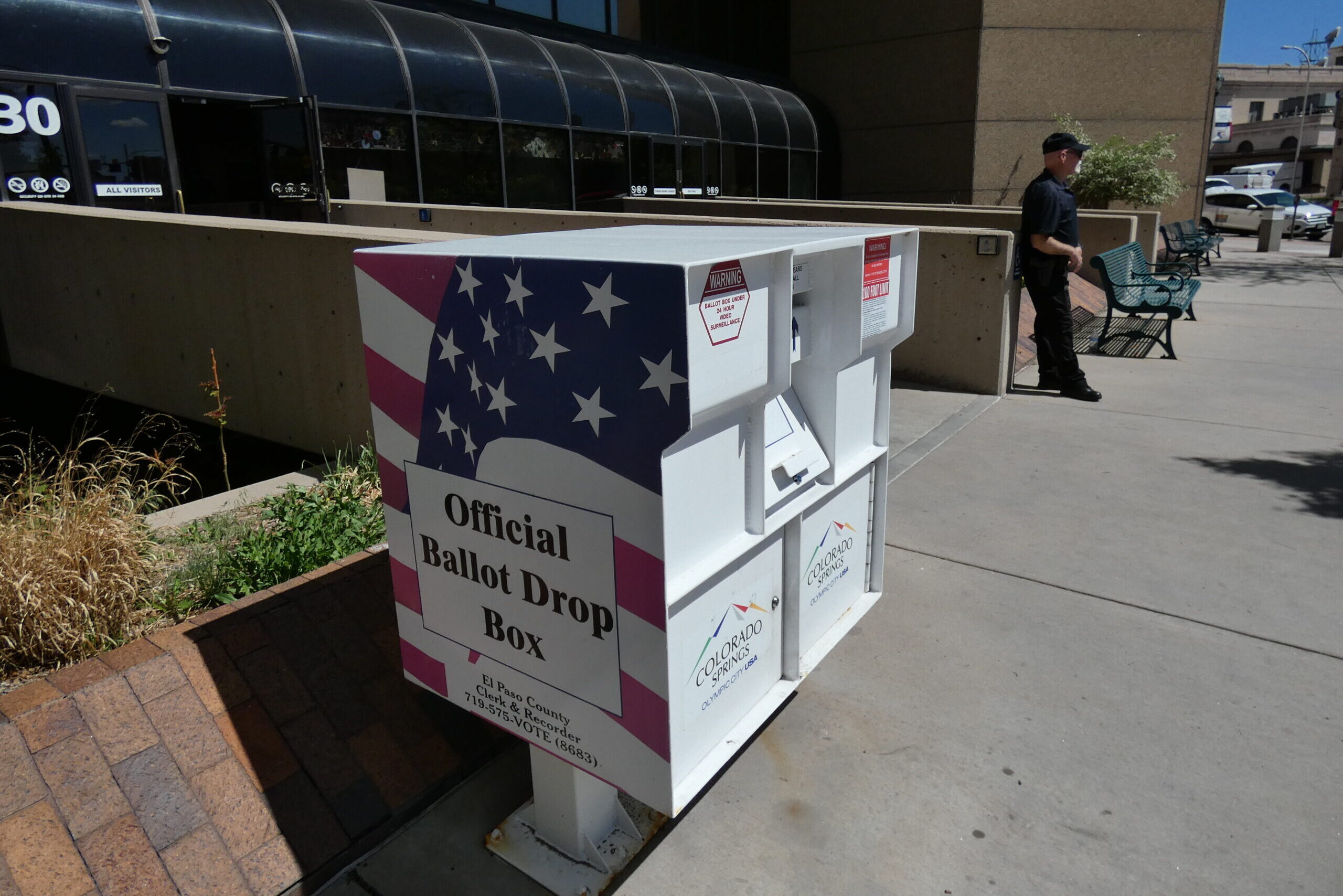
Tom Boasberg got to live out a dream this year. The Denver Public Schools superintendent took an unpaid sabbatical to live in Argentina for six months with his family. He says he and his wife promised themselves 20 years ago that they would take such a break with their kids, and they finally did.
Shortly after Boasberg returned this summer, DPS announced that the district was making progress on standardized test scores, pulling closer to statewide averages. Still, less than a third of students met or exceeded expectations in math -- one indication that Boasberg and his supportive school board have a lot of work left to do.
- Denver Students Show Improvement In Statewide Standardized Math Tests
- School Superintendents Call For More Funding. Getting It Won't Be Easy
Boasberg spoke with Colorado Matters host Ryan Warner about the school year ahead, what he would do with more money for public education, and why students of color are still suspended at higher rates than white students after years of reform to the district's disciplinary system.
On why his family chose to live in Argentina:
"We very much wanted to go to a Spanish-speaking country. Personally we have over 30,000 kids in the Denver Public Schools who speak Spanish as their first language, and I very much wanted to learn Spanish to be able to speak with them directly, and more importantly their parents.
"And we also wanted to go to a place that had great access to the outdoors, and Mendoza is right at the foot of the Andes mountains and is a great opportunity to hike and bike and do all the great outdoor things we love to do here in Colorado."
On the importance of his children learning what it's like to be the "new kid":
"I think for my own kids to go through that experience, of being the new kid in the class, the kid who doesn't speak the language to the degree that all the other kids speak in the class, was very thought provoking both for them and for us.
"What does it mean in terms of acceptance of the other students in the class, and small gestures and big gestures mean a lot for kids who are coming in new. And I think they became so aware of just how important it was, that the atmosphere and how their classmates are acting. I think they thought a ton about, 'Wow, what does this mean for me when I return to my school or my country, and how I and my classmates treat newcomers to our school?'"
On where he would spend money in Denver Public Schools, if they had it:
"The overwhelming thing that we'd spend it on are making sure that kids are getting the personalized supports that they need. And many of our kids in Denver, come from circumstances where they don't have the supports to the degree at home that more privileged students have. To to make sure they're getting the personalized support.
"So it could be academic supports or tutoring supports, those could be social and emotional supports to help them learn and grow in a social and emotional sense. But it's really the greater opportunity to individualize and personalize the supports that each of our kids need to grow and reach their full potential."
On how lowering suspensions has resulted in positive change:
"We've made tremendous progress: We're down by over 75 percent in terms of out of school suspensions compared to where we were a decade ago. It's a very clear connection between the fact that likewise, our dropout rate in Denver are down by over 60 percent; we're graduating 60 percent more kids than we were a decade ago.
"So all of that are signs of progress, but we do continue to see quite significant disparities in discipline rates between particular African American kids and our white kids. And I think that's a matter of making sure that we are working with our teachers and school leaders around their cultural understandings, their cultural responsiveness."







